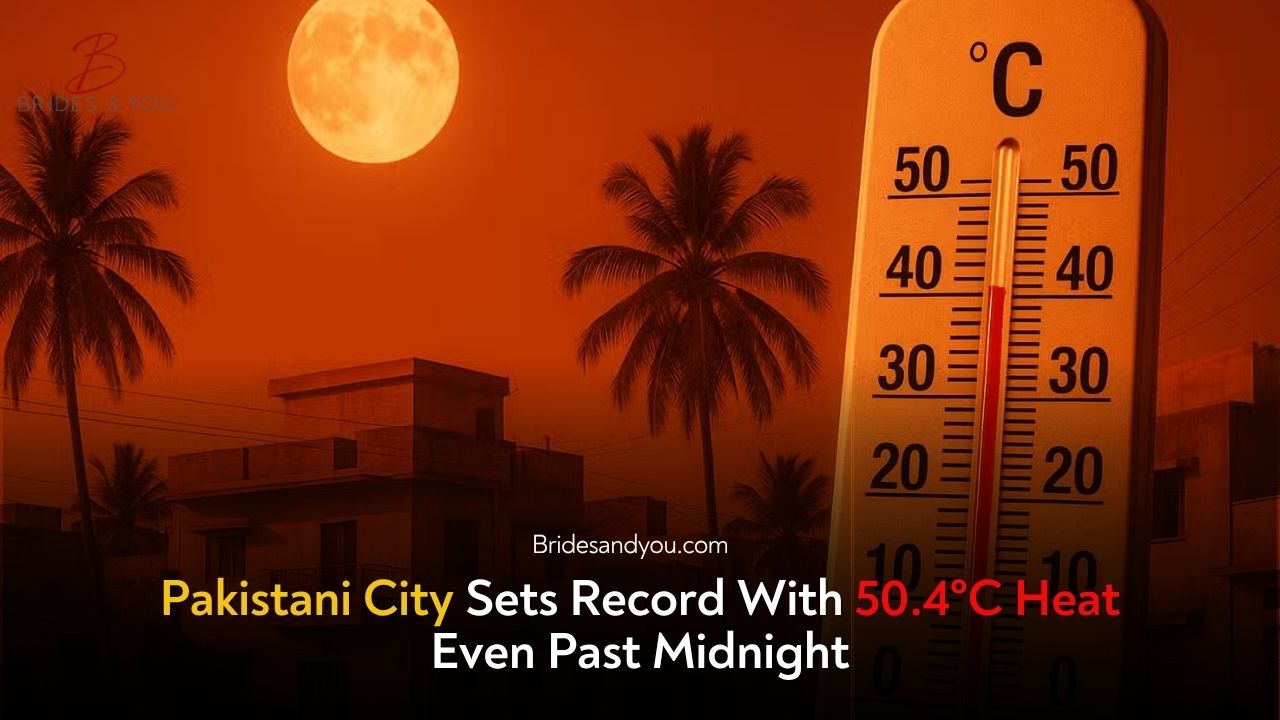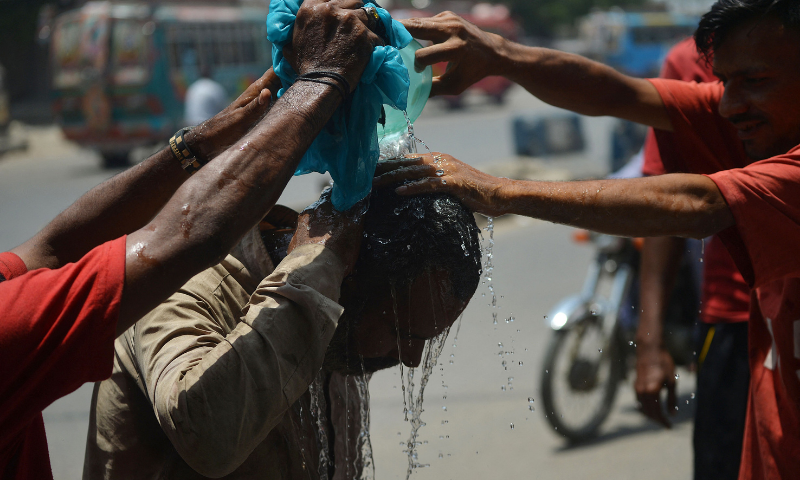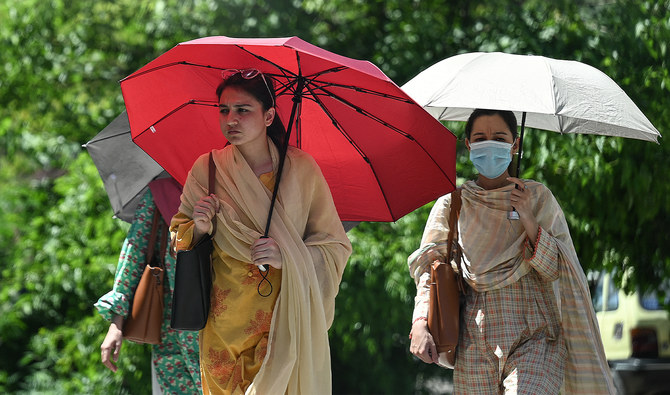Now Reading: Pakistani City Becomes World’s Hottest Place With 50.4°C Temperature Even After Midnight
-
01
Pakistani City Becomes World’s Hottest Place With 50.4°C Temperature Even After Midnight
Pakistani City Becomes World’s Hottest Place With 50.4°C Temperature Even After Midnight

Pakistan is no stranger to sweltering summers, but the recent temperature recorded in Jacobabad has stunned the world. The city hit a staggering 50.4°C even after midnight, making it the hottest place on Earth at that hour. This unusual and extreme heat event is a wake-up call on the growing intensity of global climate change and its impact on South Asia.
Jacobabad Sets Record as World’s Hottest Place After Midnight
Jacobabad, a city located in Sindh province, has once again made headlines—but not for a celebration. At 1 AM Pakistan time (20:00 UTC), the city recorded an unimaginable 50.4°C temperature, the highest nighttime temperature ever recorded this year and among the highest globally in history. Typically, temperatures drop at night, but Jacobabad’s atmosphere remained alarmingly heated, showing no relief for its residents.
This not only breaks conventional meteorological norms but also raises serious concerns about human health, infrastructure, and energy demands in heatwave-prone regions.

Pakistan’s Other Cities Also Among Earth’s Hottest
Jacobabad wasn’t alone in this heat crisis. Several other Pakistani cities also ranked in the top 15 hottest places in the world at the same time:
- Bahawalnagar: 49°C
- Sibi: 49°C
- Turbat: 49°C
- Rohri: 48°C
- Bahawalpur: 47.4°C
These extreme figures show a dangerous trend. Pakistan, along with parts of India, Iran, and the Middle East, is experiencing a prolonged and intense heatwave that is setting new records and stretching human endurance.

What This Means for Pakistan and the Region
Such persistent and late-night heat poses a serious public health challenge. In cities like Jacobabad, where basic infrastructure struggles under normal conditions, the lack of nighttime cooling prevents bodies from recovering, leading to heat stress, dehydration, and even death.
With rising temperatures becoming the new norm, this situation highlights the urgent need for:
- Urban planning for heat resilience
- Public awareness campaigns
- More green spaces and cooling shelters
- Stronger climate change policies
A Global Climate Crisis Reflecting Locally
Jacobabad’s latest record is not just a local event—it is a global climate warning. Nighttime heatwaves are rarer but more deadly because they prevent the human body from resting and cooling down. This type of heat pattern is projected to become more frequent if greenhouse gas emissions are not curbed globally.
It’s time for urgent climate adaptation and mitigation efforts, both at the national and international level.













